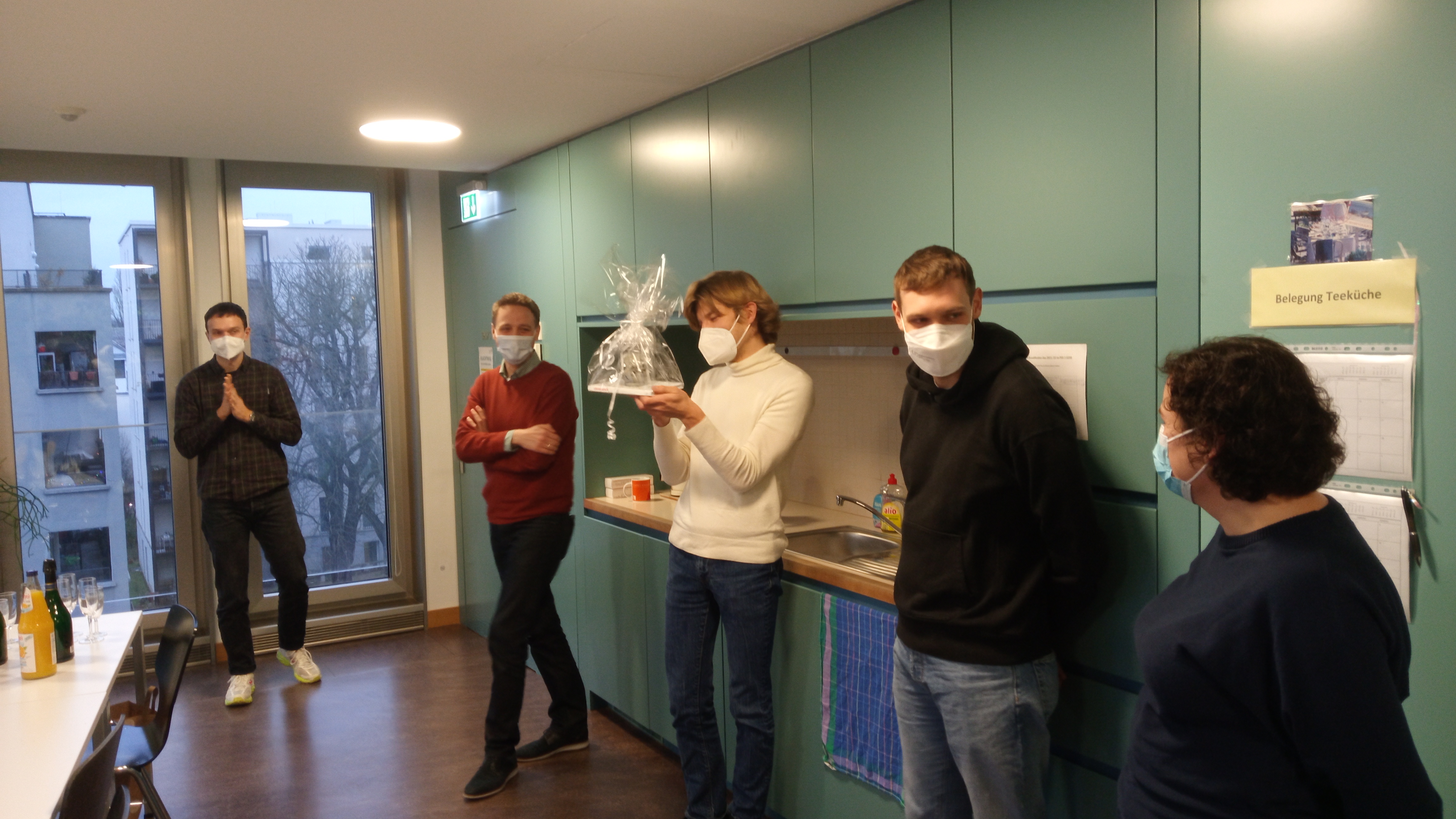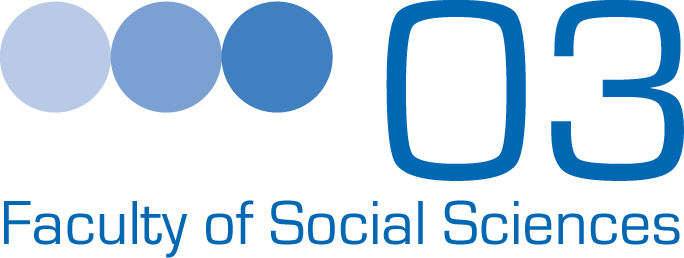– December 2021

After almost three years as a research assistant at our professorship, Bastiaan Bruinsma is leaving us at the end of the year for Sweden, where he will take up a position at the University of Gothenburg. We would like to thank Bastiaan for his very successful teaching in our Bachelor's and Master's programs, his great expertise, especially on quantitative text analysis, but especially for the always productive collaboration and the extremely nice togetherness! We wish you, dear Bastiaan, a good start and continued success in Sweden! Since Frankfurt is centrally located on the Gothenburg - Frankfurt - Florence axis, we look forward to seeing you again soon: tot kijk, tot ziens!
We are very pleased to announce that the research project Variations of Governance in Hybrid Regimes: Business, State and Civil Society in Contemporary Russia has been extended until September 30, 2022.
The project, funded by the German Research Foundation (DFG), is a collaborative project with Prof. Dr. Sabine Kropp and Prof. Dr. Katharina Bloom from the Institute for East European Studies at FU Berlin. We ask what role different patterns of formalized governance structures play in authoritarian systems of rule. Two questions are at the forefront: first, why and to what extent have formalized governance structures formed at the regional level, and second, why is it important to understand these formalized relationships of state and non-state acutators in authoritarian systems. Existing literature focuses almost exclusively on NGOs or other civil society actors when addressing these questions, but in the GovRus project we focus on resource-rich actors such as companies and business associations.
Dr. Benedikt Bender and Prof. Dr. Claudius Wagemann use a qualitative-comparative analysis (QCA) to analyze which specific conditions lead to strong formalized state-business relations in 83 Russian regions and how these can be explained on the basis of political and economic factors. Preliminary results show that the majority of Russian regions have medium to strong governance structures and that these can be explained by a combination of regional, economic strength, and the position of the governor, among other factors. We will complete the analyses in the next eight to ten weeks and prepare the results for publication in relevant journals.
More information on the research project can be found on the DFG project page.
- Studying at Goethe University
- International applicants
- Faculties
- Overview of study programmes
- Programme for refugees
- GRADE
- Goethe Business School (continuing education)
- Research at Goethe University
- Scientific news
- Goethe Welcome Center (for international researchers)
- Collaborative research projects
- Individual research
- Visiting fellowships
- Endowed chairs
- About the University
- News-in-brief
- University administration
- Campus locations
- Campus life
- University archives (German)
- Rhine-Main-Universities






